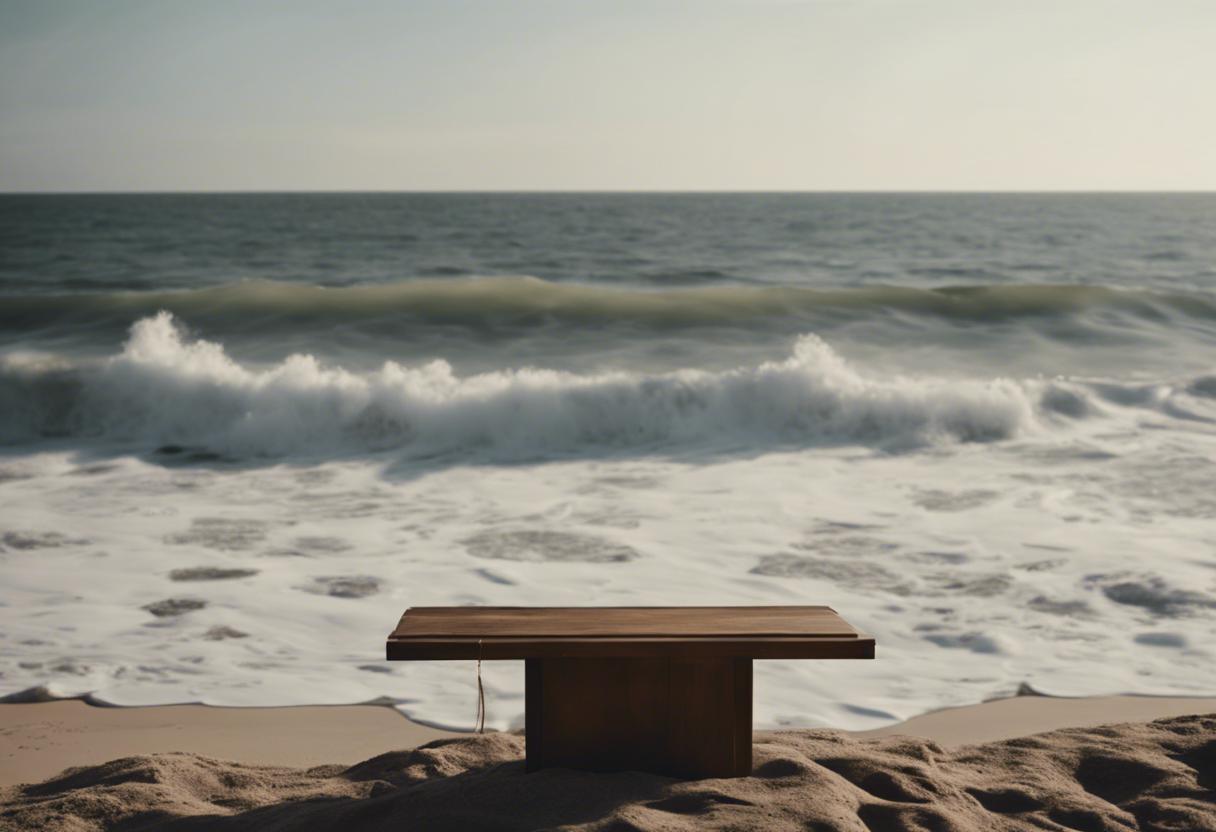The turbulent weather this summer provided an extra challenge to the already complex conditions faced by fishermen in the western Europe’s final frontier – including seasoned captain Eamon Dixon, known for navigating the waters around the Iniskeas and the Stags of Broadhaven. Dixon, like the other twenty fishermen who dock at the nearby Ballyglass harbour in Mayo county, found his 12m fishing boat Deirbhile Áine, named after his daughter and a local legend, bound by chains and ropes for half the summer days when ordinarily he’d be sailing towards his fishing locale.
Dixon acknowledges that the unfavourable weather was a significant complicating factor this summer, an addition to their existing problems. He details how a typical summer would afford 80 to 90 fishing days, but this year, the end of July and start of August were particularly dreadful. He adds that a few years back, he’d commonly pull in a ton of crab per trip, fetching between €1,000 and €1,200. Nowadays, he considers himself fortunate to average around €600 for the same amount due to the sluggish market.
According to Dixon, none of the boats from Erris managed to venture out, with the weather being an issue across the whole west coast. The local waters become treacherous when winds reach force five or six, he notes. Their typical winds are from the southwest, but this summer saw an unusual number of northwesterlies.
As chairman of the National Inshore Fisheries Forum (NIFF) established in 2015, Dixon is accomplished at advocating for this sector’s requirements. NIFF, comprising six regional forums, represents the inshore fishing industry, making up over 80% of the nation’s fishing fleet.
Dixon reports frequent pleas to the Government and Marine Minister Charlie McConalogue about the state of their dwindling markets and the local factories’ refusal to buy their catch due to their small size. He recognises that this stems from the restrictions on their quotas, forcing dependency on a single processor in Northern Ireland who dictates the purchase price on their terms.
The allocated quota for hook-and-line mackerel of 400 tonnes, which can be met by 1,500 boats within a week, falls significantly short for the industry’s sustainability. A quota of 1,000 tonnes is suggested as more feasible. Despite unattractive shellfish markets, local eateries and accommodation establishments often provide backing.
During large-scale events in Belmullet’s hotels, lobsters are sold at €18.50 per kilo. Nevertheless, fishermen can fetch up to €25 per kilo in major tourist hubs. As the cold season begins and fishing activities decrease, Dixon offsets dwindling earnings by engaging in occasional construction work and relying on his wife’s income.
David Barry, a shrimp fisherman from Dunmore East, County Waterford, revealed that he only set out to sea for ten days in August with his 7-meter vessel, Thomas. Social benefits are not perceived to be an option, with other employment opportunities that accommodate fishing off-seasons being scarce. Shipments of shrimp are mainly made between August and Saint Patrick’s Day. They suffered this year due to last winter’s market crash prompted by a dip in demand from Spain and France. To support his young daughter, Barry intends to join larger herring fishing crews during the winter.
Roaringwater Bay, located in southwestern County Cork, is where Michael Desmond, a fisherman of over three decades, is readying himself for a fishing trip on his 5-meter punt, Girl Sadie, which is named after his daughter. According to Desmond, his mental and physical health was significantly better when he spent half a dozen years operating large vessels in the Arctic than the last year working from home due to far preferable weather conditions. Even after stormy weather settles, the swell is persistently high. As chair of the National Inshore Fishermen’s Association (NIFA), Desmond collaborates with NIFF to shed light on the burgeoning challenges the industry faces.
“My earnings derived from shrimp hauls has seen a significant decline over the past couple of years. Already grappling with the repercussion of the Covid pandemic, loss of fishing areas, and British consumers due to Brexit along with the heightened energy costs following the Ukraine war, we now face a perfect storm engendered by dreadful weather conditions, the survival of which is dubious,” he expounds.
“In the last two years, my profits from shrimp fishing, which constitutes about three quarters of my total catch, have seen a decrease of €30,000.”
Desmond conveyed his doubts concerning a novel project announced by the Minister in August to expand based on data collected from a Bord Iascaigh Mhara census with the aim to assist and bolster the domestic fishing fleet.
A spokesperson from the department confirmed that this new scheme welcomed continuous applications from September 17th and required two comprehensive surveys.
“Conducting survey after survey will not rescue our industry,” expresses Desmond, who mentions that he has frequently travelled between Cork and Leinster House along with other fishermen over the past year.
“Our local politicians only seem to offer vague promises and idle chatter, despite acknowledging the significance of our industry, before they proceed to take no action. The empty promises get recycled every time an election is on the horizon.”

